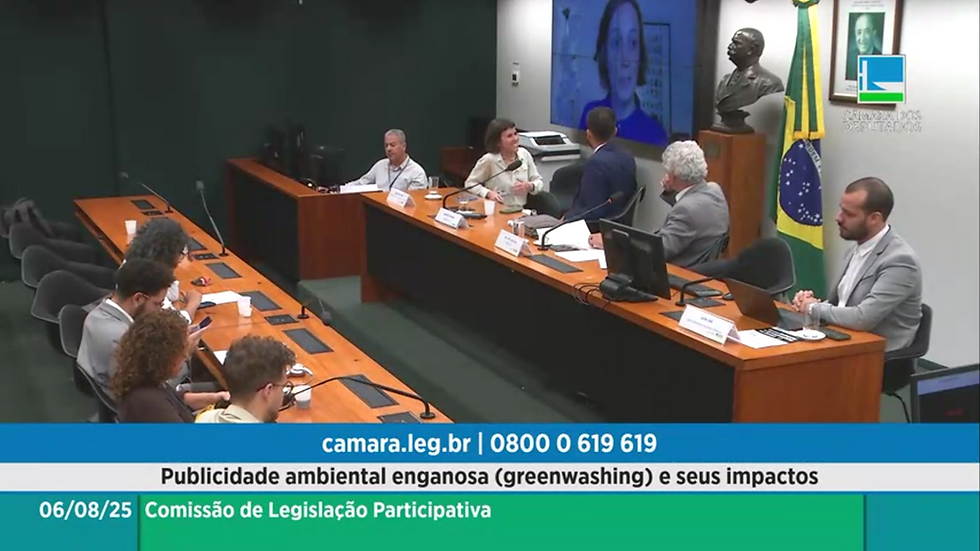NetLab study on analysis of 'Bots' on Twitter is presented at the 31st COMPÓS Annual Meeting
- Bernardo Laranja
- Oct 6, 2022
- 2 min read
Updated: Jan 18, 2024

Logo of the 31st edition of COMPÓS, held at the Federal University of Maranhão (UFMA).
Between the 6th and 10th of June, the 31st edition of the Annual Meeting of COMPÓS (National Association of Postgraduate Programs in Communication) was held together with the Postgraduate Program in Communication (PPGCOM) of the Federal University of Maranhão ( UFMA), bringing together academics and specialists from various parts of Brazil in remote activities.
Over the four days, the program included short courses, conferences and meetings of Work Groups (WGs), among them, the “Communication and Cyberculture” WG, in which the team from the Internet and Social Media Studies Laboratory at the Federal University of Rio de Janeiro (NetLab UFRJ) presented the study “Bots como Ferramenta de Propaganda Permanente: Uma Análise Longitudinal da Atuação de Contas Automatizadas no Twitter Brasileiro”.
The article was authored by researchers Débora Salles, Rose Marie Santini and Priscila Medeiros, who gave a detailed presentation on the impacts of using automated accounts on social media.
The event also featured the Eduardo Peñuela Cañizal COMPÓS Thesis and Dissertation Award, which included the best theses and dissertations defended between January 1st and December 31st of the previous year. The honor aims to give more visibility to, and encourage the quality of, scientific production within the scope of Postgraduate Programs in Communication.
About the subject
The so-called “bots” are a fundamental part of computational advertising campaigns. They attempt to simulate and influence human behavior through computational scripts used to produce content and interact in the virtual environment. Faced with the “black box” of the inner workings of digital platforms, researchers and public authorities have struggled to identify those responsible for the use of bots, but their social, political and economic impact has become increasingly significant.
The research aims to identify the hypothesis of a longitudinal and polythematic performance of profiles classified as bots on Twitter in previous NetLab studies. A significant volume of bots that published in more than one previously analyzed event was identified. The recurrence of automated accounts in different political debates is an important indication that the same groups are behind the computational propaganda campaigns that permeate debates on Brazilian Twitter.


